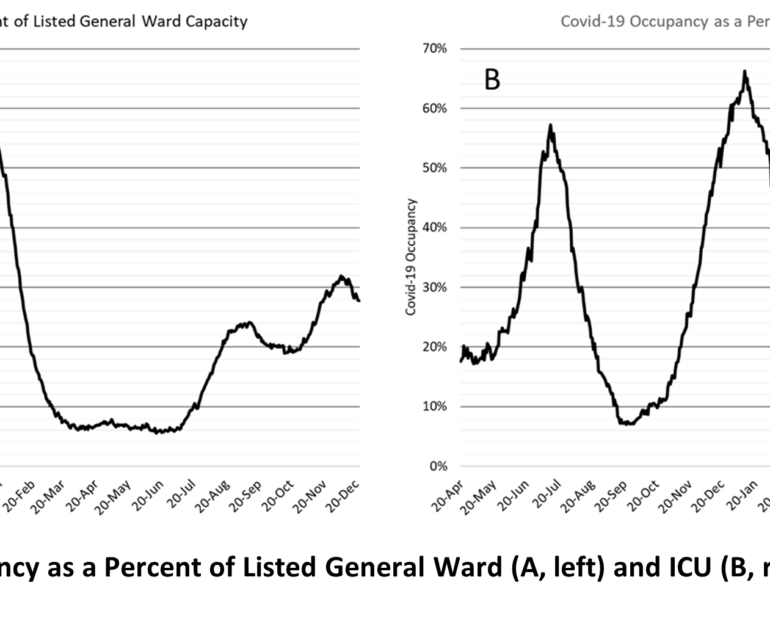The opioid epidemic is one of the greatest public health crises of our time. The causes of are deep and the public health interventions needed to ease the crisis are many. Those interventions include changes to prescribing practices, distribution of naloxone, more robust treatment options including Medically Assisted Treatment, and harm reduction and engagement strategies like Syringe Services.
We need all those tools working together to mount an effective response. Arizona’s Opioid Epidemic Act was an important law that is addressed many of those factors- but not all. Things that weren’t included in the Act (despite strident advocacy by numerous organizations including AzPHA) include decriminalizing syringe service programs and legalizing fentanyl testing strips.
As this 2019 report by Stephanie Innes in the Arizona Republic shows, needle exchange efforts in Arizona have been impaired because some of the things that syringe service programs do had been felonies under state law.
Syringe services programs are community-based prevention efforts that offer a range of interventions. They provide access to and disposal of sterile syringes and injection equipment, linkage to substance use disorder treatment, and naloxone distribution. People who use syringe service programs gain access to other vital services including vaccination, testing, and linkage to care and treatment for infectious diseases including viral hepatitis and HIV.
Nearly 30 years of research shows that comprehensive syringe service programs are safe, effective, and reduce overall health costs. They play an important role in reducing the transmission of viral hepatitis, HIV, and other infections and are a major component of the Ending the HIV Epidemic: A Plan for America initiative.
The U.S. Surgeon General determined that syringe service programs don’t increase the illegal use of drugs by injection. Studies also show that they protect the public and first responders by providing safe needle disposal.
Sadly, syringe service and fentanyl test strips have been considered drug paraphernalia under Arizona law (a class 6 felony). While arrests, indictments and convictions of workers that operate syringe service programs have been rare, the fact that syringe service programs are illegal has had a chilling effect on the ability of organizations and individuals to operate and fund these important programs.
After all- it’s pretty hard to get a grant award if you need to disclose to the funder that you intend to commit felonies with the money! A cohort of public health organizations led by Sonoran Prevention Works have been trying for the last 4 years to simply decriminalize syringe service programs & legalize fentanyl test strips.
This year those efforts were finally successful.
The governor signed SB1250 overdose prevention which makes it legal for cities, towns, counties, and NGOs to implement a syringe service programs. While the state still can’t technically operate a syringe exchange program, there’s no restriction on the state funding syringe service programs with the copious money on the way from the American Rescue Act Plan.
The governor also signed SB1486 drug paraphernalia, testing equipment sponsored by Senator Marsh. This bill (once it becomes law 90 days after the end of session) will make it possible for folks to buy fentanyl test strips to make sure that any drug they have is free from fentanyl. Fentanyl has become the dominant cause of opioid deaths in the last few years and is rapidly increasing (see Figure 14 in our landmark (opioid epidemiology report).
NEW OPPORTUNITIES
Making syringe service and fentanyl test strips legal provides a big opportunity for AHCCCS, ADHS and the county health departments to fund syringe service and fentanyl test strip programs.
Because of the American Rescue Plan Act, there are more resources than ever to implement these programs. SAHMSA’s Community Mental Health Services Block Grant Program and Substance Abuse Prevention and Treatment Block Grant Program will be dispersing $1.5B to states in the next 2 years.
These supplemental funding awards are in addition to the usual $2.5B award. Here’s a press release and information on the supplemental awards. Arizona’s share of the pie is about $80M!
Back in the day, these SAHMSA substance abuse funds were managed by the ADHS. These days they’re managed by AHCCCS’ Substance Abuse Prevention and Treatment Block Grant.: FY 2021 Substance Abuse Prevention and Treatment Block Grant Program American Rescue Plan Supplemental Awards.
The combination of the passage of these important new laws and the substantial increase in funding from the American Rescue Plan Act provide a terrific opportunity to implement both of these evidence based best practices in a big way.

